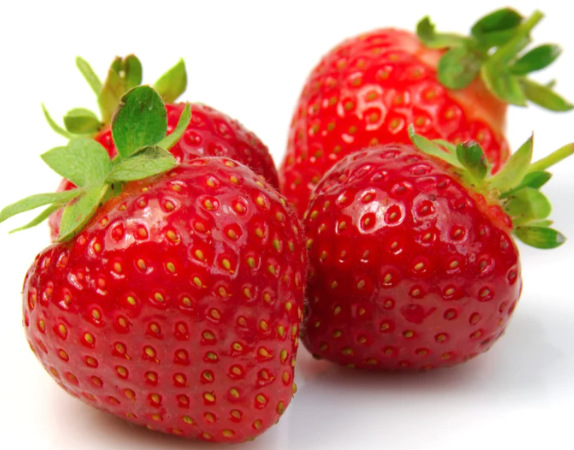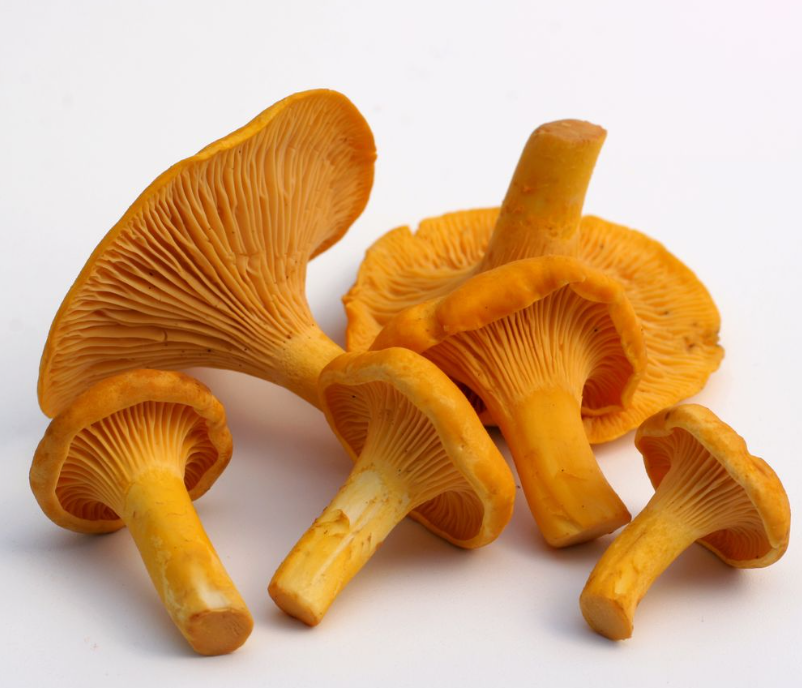Wild Alaskan Halibut
Wild Alaskan Halibut
Wild Alaskan halibut is a favorite among seafood lovers everywhere. This pure white, mild, and flaky fish has become the highlight of countless entrees around the world. While fresh halibut appears almost translucent when raw, it transforms into an attractive snow-white color with a tender, flaky texture when cooked.
Our halibut is sustainably caught from the pristine glacial waters of Southeastern Alaska, a region renowned for producing the highest quality halibut. While these fish can grow to several hundred pounds, we choose to limit our halibut size to around 40 pounds or less for the best flavor.
Halibut is a lean fish, mild and sweet tasting. Because the flavor is so gentle, halibut pairs well with bolder seasonings like pesto, lemon juice and basil. It can be prepared in so many delicious ways, from BBQing to sautéing, baking or steaming.
Delivered frozen straight to your door in 6 oz. portions, with both skin on and skin off available, you can enjoy the incredible taste and nutrition of our halibut, knowing it comes from the purest waters and that it is handled with care. Treat yourself and your loved ones to healthy and delicious meals with wild Alaskan halibut, and experience the delights of this exceptional fish.
Nutritional Benefits
Wild Alaskan halibut is a powerhouse of essential nutrients. It is low in calories and fat, but packed with healthy omega-3 fatty acids, essential vitamins and minerals (including vitamins D, B3, B6 and B12), calcium, phosphorus, iron and selenium. It is also loaded with high-quality protein.
Low in Calories and Saturated Fat, but a good source of PUFAs
A 6-ounce portion of halibut contains only 160 calories, is low in saturated fat, yet also a good source of polyunsaturated fatty acids (PUFA), including omega-3 fatty acids. Studies have shown that these can decrease the risk of heart attack, stroke, obesity, and hypertension.
Research studies suggest that these fatty acids also play an important role in the development of the nervous system, especially in infants and children. These also may help decrease the risk of an irregular heartbeat, while reducing triglyceride levels and slowing growth of plaque in the arteries.
Packed with Protein
A single six-ounce serving of wild Alaskan halibut provides 38 grams of protein, over half the recommended daily requirement. This nutrient is crucial for building and repairing muscles, facilitating weight loss, and suppressing appetite. The protein in halibut is complete, meaning it contains all essential amino acids that the body cannot produce on its own.
Loaded with Essential Vitamins and Minerals
These include:
Vitamin D: crucial for maintaining bone health
Vitamin B3: Also known as niacin, it is essential for optimal digestive function. A daily dose of niacin aids in breaking down fats, carbs, and alcohols, helping your body convert these nutrients into energy more efficiently. Additionally, niacin contributes to skin health by improving elasticity, reversing discoloration and sun damage, and aiding in the healing of wounds or scars. It also plays a crucial role in heart health, helping to prevent heart disease and protect the skin from sun damage. Moreover, niacin works alongside selenium and omega-3 fatty acids to reduce inflammation, making it beneficial for those suffering from arthritis by relieving joint pain and swelling. A 6 oz. of halibut provides 57% of dietary needs
Vitamin B6: Involved in over 100 metabolic reactions in your body. It is beneficial to the central nervous system and may boost brain function. Halibut provides 36% of your dietary needs
Vitamin B12: Vitamin B12 plays an essential role in red blood cell formation and proper nervous system function. A half-filet 6 oz. of halibut provides 36% of your dietary needs.
Phosphorus: A 6oz serving of wild Alaskan halibut provides 36% of the daily-recommended intake of phosphorus. Phosphorus helps maintain everything from strong bones and teeth, to a healthy metabolism and higher energy levels.
Calcium: Wild Alaskan halibut is an excellent source of calcium, which is an important building block for maintaining both strong bones and a healthy heart.
Selenium: With over 100% of your daily-recommended intake of selenium, eating wild Alaskan skin-on halibut may help prevent certain cancers, defend against viruses and heart disease while helping ease symptoms associated with serious conditions such as asthma.
Magnesium: Magnesium is required for more than 600 reactions in your body, including protein formation, muscle movements and energy creation. A serving of halibut provides 42% of your dietary needs
Iron: Required to maintain healthy red blood cell production, and reducing symptoms of fatigue due to iron deficiency.
This rich nutritional profile provides numerous benefits for our overall health and well-being. Here are a few key examples:
Halibut Health Benefits
Heart Health
Alaskan halibut is an excellent choice for heart health due to its rich content of omega-3 fatty acids, niacin, selenium, and other essential nutrients. Omega-3 fatty acids play a crucial role in reducing inflammation, lowering blood pressure, and preventing blood clots, thereby supporting a healthy heart and decreasing the risk of heart disease. These fatty acids are known to lower triglyceride levels and increase "good" cholesterol (HDL) while helping to remove "bad" cholesterol (LDL) from the arteries, preventing dangerous buildup.
In addition, a six-ounce serving of halibut provides 57% of the daily-recommended intake of niacin, which also has been shown to help prevent heart disease. Selenium and niacin are essential micronutrients that also reduce oxidative stress and lower triglyceride levels.
Boosts Brain Function
Alaskan halibut is highly beneficial for brain health due to its rich content of omega-3 fatty acids and potassium. Omega-3s are essential for cognitive function, memory, and mood regulation. According to the FDA, consuming halibut can support brain development in infants, maintain cognitive function in adults, and potentially reduce the risk of neurodegenerative conditions like dementia and Alzheimer's disease. Regularly enjoying halibut can lead to marked improvements in both cognitive and behavioral health.
In addition to omega-3s, Alaskan halibut is extremely rich in potassium, another vital nutrient for brain health. Potassium plays a significant role in enhancing memory and learning capabilities, making it a valuable component of a diet aimed at keeping the brain young and adaptive. A diet rich in potassium can also help maintain normal neural function and prevent severe conditions such as epilepsy. By incorporating Alaskan halibut into your diet, you not only boost brain function but also help delay the onset of age-related cognitive conditions, ensuring better cognitive health and performance throughout life.
Bone Health
Halibut is an excellent source of vitamin D, protein, and phosphorus, all of which are needed for the development and maintenance of a healthy bone structure. The combination of vitamin D and protein in halibut is especially beneficial for bone health and can aid in reducing the risk of osteoporosis and maintaining healthy bone density. Phosphorus is important for building and maintaining bones as well. A single serving of halibut provides 45% of an individual’s dietary needs for phosphorus.
Anti-inflammatry Properties
Alaskan halibut is highly beneficial due to its anti-inflammatory properties and immune system support. This is thanks to its rich content of omega-3 fatty acids, selenium, and niacin. Omega-3 fatty acids help reduce inflammation by eliminating metabolic substances that contribute to it. A single serving of halibut contains 106% of the daily-recommended intake of selenium, a powerful antioxidant that aids in repairing damaged cells and decreasing inflammation.
In addition to its anti-inflammatory benefits, Alaskan halibut supports the immune system. Selenium, in particular, boosts immune response by reducing oxidative stress, an imbalance between antioxidants and free radicals in the body. By detoxifying cells, selenium helps prevent chronic inflammation and ensures that the immune system functions efficiently. Niacin also contributes to these benefits by improving blood flow and opening blood vessels. Including wild-caught Alaskan halibut in your diet can help maintain optimal selenium levels, support a robust immune response, and reduce inflammation, thereby promoting overall health and well-being.
Weight Management
At only 160 calories, but providing 38 grams of protein, a 6-ounce serving of halibut is a great choice for those looking to manage their weight while still getting plenty of protein and other nutrients. These qualities promote feelings of fullness and reduce overall calorie intake.
Enjoying your Wild Alaskan Halibut
Halibut meat is quite tender and tasty. You can prepare halibut by baking, grilling, stewing, steaming, sautéing, and searing.
Some Halibut recipes you can try include:
Crispy fried Alaska Halibut
Alaska seafood stew
Herb crusted Alaska Halibut
Sheet pan-Alaska Halibut with zucchini, mushrooms, and tomato
Slow-roasted Alaska Halibut with citrus & olive tapenade
A last word:
If you strive to have a healthy diet full of fresh foods, then you need to look no further than our wild Alaskan halibut. Whether you are looking to improve your heart health, boost your brain function, manage your weight or simply enjoy a delicious meal, halibut is a great choice for your diet. So why not try adding some wild Alaskan halibut to your meals this week and enjoy all the benefits it has to offer?
=================================================================
Resources Used for NWWF Blog #33: Wild Alaskan Halibut
https://globalseafoods.com/blogs/news/halibut-nutrition-facts-everything-you-need-to-know
https://www.nutrition-and-you.com/halibut-fish.html
https://aksalmonco.com/blogs/learn/is-halibut-healthy
https://alaskagoldbrand.com/blogs/news/the-amazing-health-benefits-of-alaskan-halibut
https://marithymeseafood.com/halibut-fish-the-top-benefits-of-wild-alaskan-halibut/
https://www.webmd.com/diet/health-benefits-of-halibut
https://www.healthline.com/nutrition/halibut-fish


